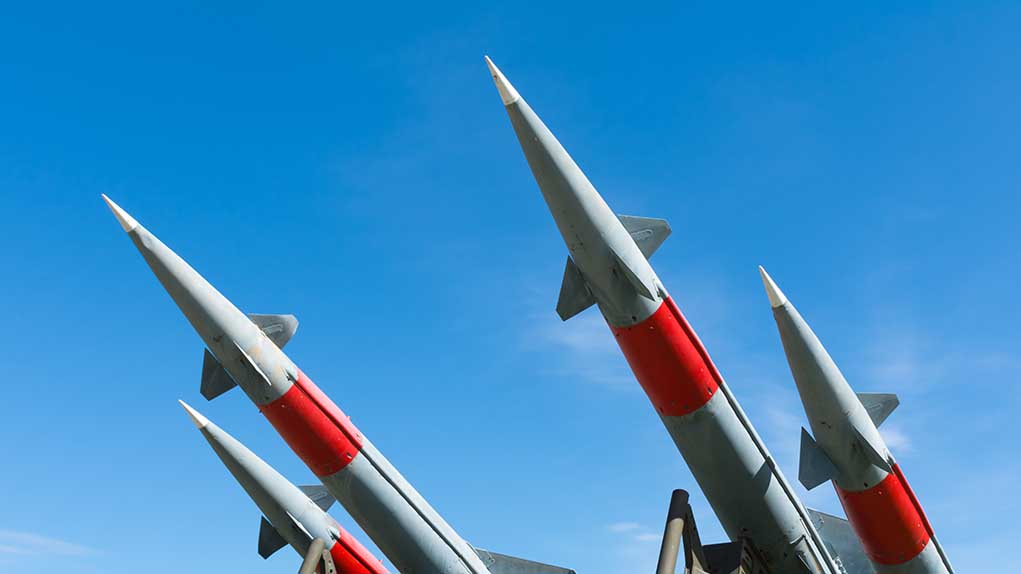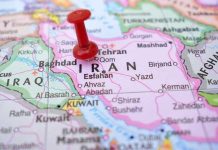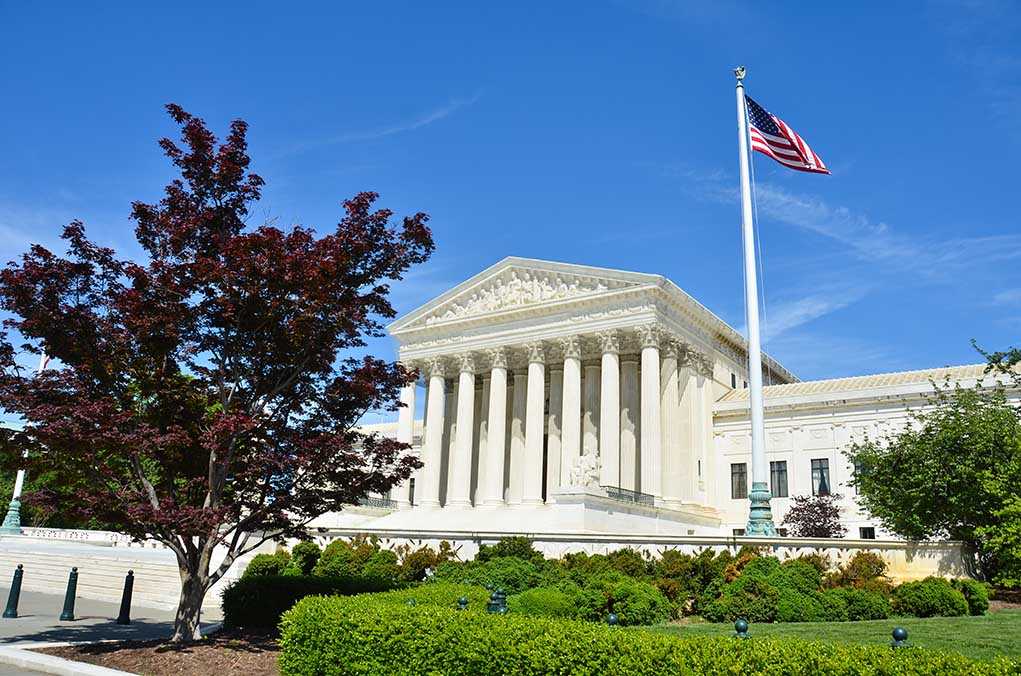
Netanyahu vows ruthless retaliation after Yemen’s Houthi rebels successfully strike near Ben Gurion Airport, creating a crater and injuring multiple people while Israeli air defenses failed to intercept the missile.
Key Takeaways
- Iran-backed Houthi rebels from Yemen launched a missile that landed near Ben Gurion Airport’s main terminal, causing injuries and a temporary airport closure
- Israel’s air defense systems failed to intercept the missile, prompting an immediate investigation into the security failure
- Prime Minister Netanyahu and Defense Minister Katz have promised severe retaliation against the Houthis
- The attack represents a significant escalation in regional tensions, with Israel attributing ultimate responsibility to Iran
- Several international airlines have suspended flights to Tel Aviv following the Houthi military spokesperson’s declaration that the airport is “no longer safe for air travel.”
Direct Strike on Israeli Territory by Yemen
In a dangerous escalation of Middle Eastern tensions, Houthi rebels from Yemen successfully launched a ballistic missile that struck near Israel’s Ben Gurion Airport, creating a crater near the main terminal and injuring eight people. The attack represents a significant security failure for Israel, whose sophisticated air defense systems failed to intercept the incoming missile. The strike prompted immediate closure of the airport, with entrances barricaded and train services suspended as Israeli authorities scrambled to secure the nation’s main international transportation hub.
Unverified footage circulating online showed terrified civilians seeking shelter as the missile impacted, creating a visible plume of smoke. The brazen daylight attack forced flights to be diverted or canceled, with multiple international carriers suspending service to Tel Aviv indefinitely. This successful strike marks a concerning development in the Houthis’ operational capabilities, demonstrating their ability to hit targets over 1,200 miles away despite ongoing U.S.-led bombing campaigns in Yemen.
A Houthi missile—fired by an Iran-backed, armed, and funded proxy—struck near Ben Gurion International Airport, Israel’s main gateway near Tel Aviv.
The limited U.S. strikes and warnings by @POTUS and @PeteHegseth have clearly failed to deter or compel a change in behavior. It’s… https://t.co/r5wVAYYsMC
— John Spencer (@SpencerGuard) May 4, 2025
Israeli Leadership Promises Severe Retaliation
Prime Minister Benjamin Netanyahu quickly convened an emergency meeting with defense officials to formulate Israel’s response to this unprecedented attack. In unequivocal terms, Netanyahu made clear that Israel would not allow such aggression to go unanswered, stating, “We attacked in the past, we will attack in the future.” The direct assault on civilian infrastructure has energized Israeli leadership to consider significant retaliatory options against Houthi positions in Yemen, potentially widening the already volatile regional conflict.
“Anyone who hits us, we will hit them seven times stronger,” Said Israel’s defence minister, Israel Katz.
The missile strike comes despite months of U.S. military operations targeting Houthi capabilities in Yemen. American warplanes have conducted multiple raids against Houthi positions, yet the Iran-backed group continues to demonstrate increasing technological sophistication and operational reach. The failure of these military interventions to neutralize the Houthi threat raises serious questions about the effectiveness of the Biden administration’s regional strategy and its inability to contain Iranian proxy forces across the Middle East.
🔴 A ballistic missile fired from Yemen struck near Ben Gurion Airport in Tel Aviv. Despite the impact, flights to and from the airport continue to operate regularly, with no major disruptions reported at this time. #Airways #News pic.twitter.com/bHDYfYzomh
— Airways Magazine (@airwaysmagazine) May 4, 2025
Iranian Fingerprints on Escalating Regional Tension
Israeli officials have directly implicated Iran in the attack, with Benny Gantz attributing ultimate responsibility to Tehran for arming and directing its proxy forces throughout the region. The missile strike represents the latest in a series of provocations by Iranian-aligned militias that have systematically targeted Israeli interests since the Gaza conflict began. While the Houthis claim to be acting in solidarity with Hamas, their increasingly sophisticated weapons capabilities point to substantial Iranian technical and financial support.
“No longer safe for air travel,” declared Houthi military spokesperson Yahya Saree, threatening further attacks against Israeli targets.
The successful missile strike represents a concerning failure of Israel’s normally robust air defense network, including the Iron Dome and Arrow systems. Military officials have launched an urgent investigation into how the missile penetrated Israeli airspace undetected and reached its target despite multiple defensive layers. This security breach raises troubling questions about potential vulnerabilities in systems that American taxpayers have heavily funded and that Israel relies upon for its basic security needs.
Broader Implications for Regional Stability
This direct attack on Ben Gurion Airport signifies a dangerous new phase in the Middle East conflict. With Israeli officials promising robust retaliation against Yemen, there exists serious potential for a broadening regional war that could eventually draw in the United States and other Western powers. The Houthis have already demonstrated their willingness to target international shipping in the Red Sea, disrupting global commerce and requiring costly U.S.-led naval interventions to secure vital shipping lanes.
President Trump’s administration now faces the delicate task of supporting Israel’s right to defend itself while preventing an escalation that could destabilize the entire region. The successful strike validates concerns about Iran’s strategy of arming proxy forces across the Middle East to target American allies while maintaining plausible deniability. Without a comprehensive strategy to counter Iranian influence, these provocations will likely continue and potentially worsen as Tehran tests the resolve of both Israel and the United States.











